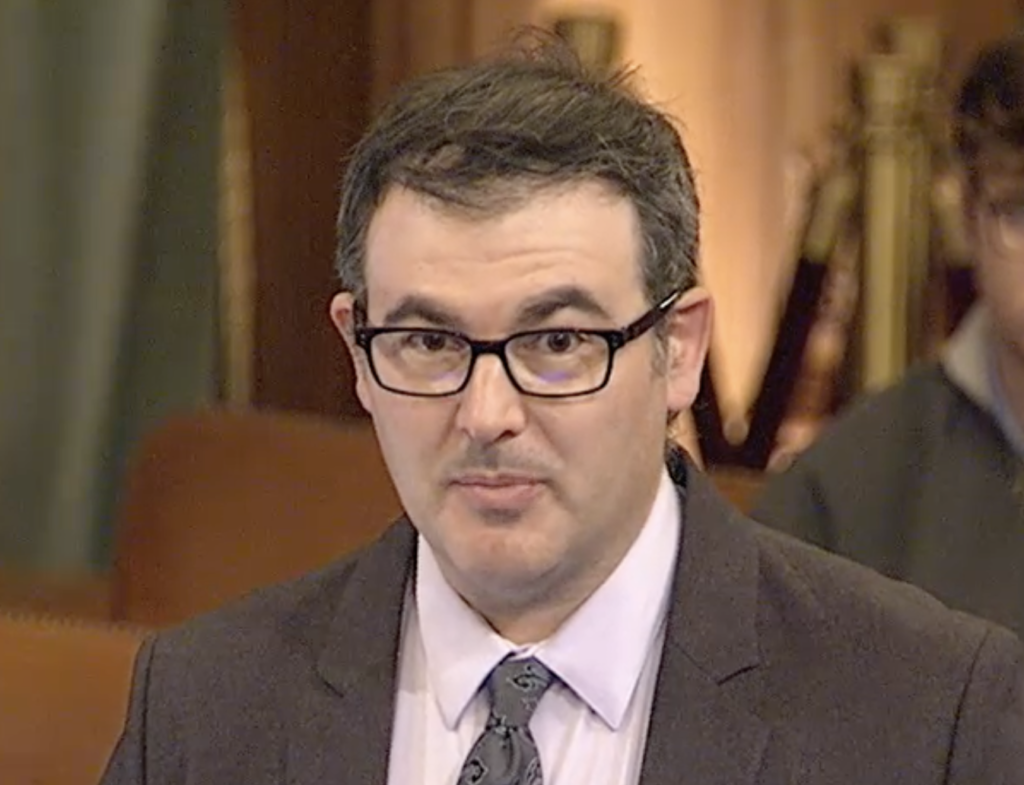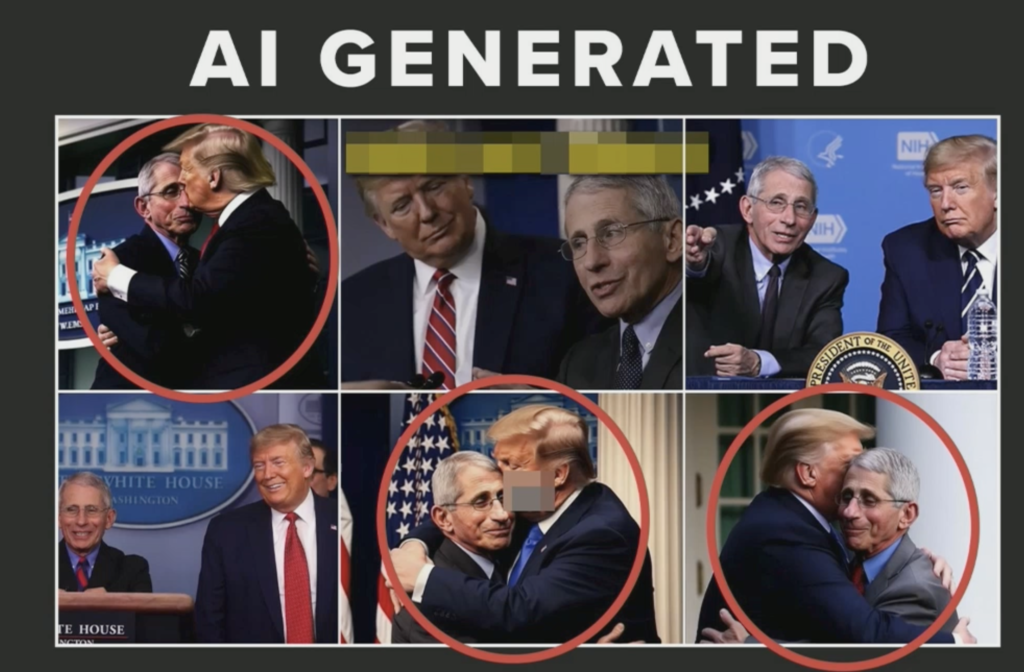An AI-generated video appears three weeks before the election on social media, and is widely distributed by a mayoral campaign, showing Donald Trump embracing and endorsing Mayor London Breed for re-election. That would be a political kiss of death.
Or an AI video at the same time shows Sen. Bernie Sanders endorsing Sup. Aaron Peskin for mayor, which could give him a huge bump among left-leaning voters—but might hurt him in swing districts on the West Side of town.
Or former Mayor Mark Farrell appears to announce that he is dropping out and encouraging everyone to vote for Daniel Lurie, which could shift the outcome of the election in ways nobody could predict.
This is a reality we could face in San Francisco this fall—and right now, there’s nothing anyone can do about it.

That was the alarming revelation that came out of a hearing Monday on the role of AI in local elections.
Four state bills are pending that would address deepfakes, (AB 3211, AB 2655, AB 2839, AB 1228) but none of them have passed. In fact, two of them are on the suspense file, which is where bills go to die.
The San Francisco Department of Elections has no jurisdiction over deep fakes, Director John Arntz said. The Ethics Commission has only limited jurisdiction, Director Patrick Ford said.
“I am alarmed to learn …. there is a lack of real ability to enforce against fake AI content,” Sup. Dean Preston, who called the hearing, said.
“There is not a tool to address that,” Ford explained.

Some of this is a result of federal law and the US Supreme Court, which has been loath to regulate political speech—even when it’s clearly false. David Harris, a professor at UC Berkeley and an expert on the issue, testified that the European Union is far, far ahead of the US on regulations of both deep fakes and social media.
“I hear from members of Congress that we failed to regulate social media, and we shouldn’t fail to regulate AI,” he said. “But we are continuing to fail to regulate social media every day.”
Harris said he is working with state and local governments, because Congress seems unable to even begin to deal with this issue.
“I find it mind blowing that the courts have held that there is a First Amendment right to a fake endorsement,” Preston said.
But the state Legislature has failed to take this problem seriously, in time for the 2024 elections. “Most San Franciscans would be surprised to learn that if they got a fake AI endorsement, there’s nothing they can do,” Preston said.
Arntz made it clear that the city’s voting system is secure: The machines aren’t connected to the Internet, and can’t be, and the software is wiped clean and reinstalled with a copy hand-delivered by the Secretary of State every election. If a fake website seeks to say, for example, that the date of the election has changed, there’s a process in place to address that—but mostly it involves press releases, community outreach, and the like.
There’s no local process, except possibly through the District Attorney’s Office, to enforce laws against creating that kind of false information.
Harris advised the supes to wait a few months and see if the state passes the necessary laws to address AI. I’m not sure we have a few months.
Frankly, I’m not worried about a fake Bernie Sanders endorsement; the progressives generally have ethical concerns around elections.
The right wing and the technorati don’t.
We should all be very worried about that.





